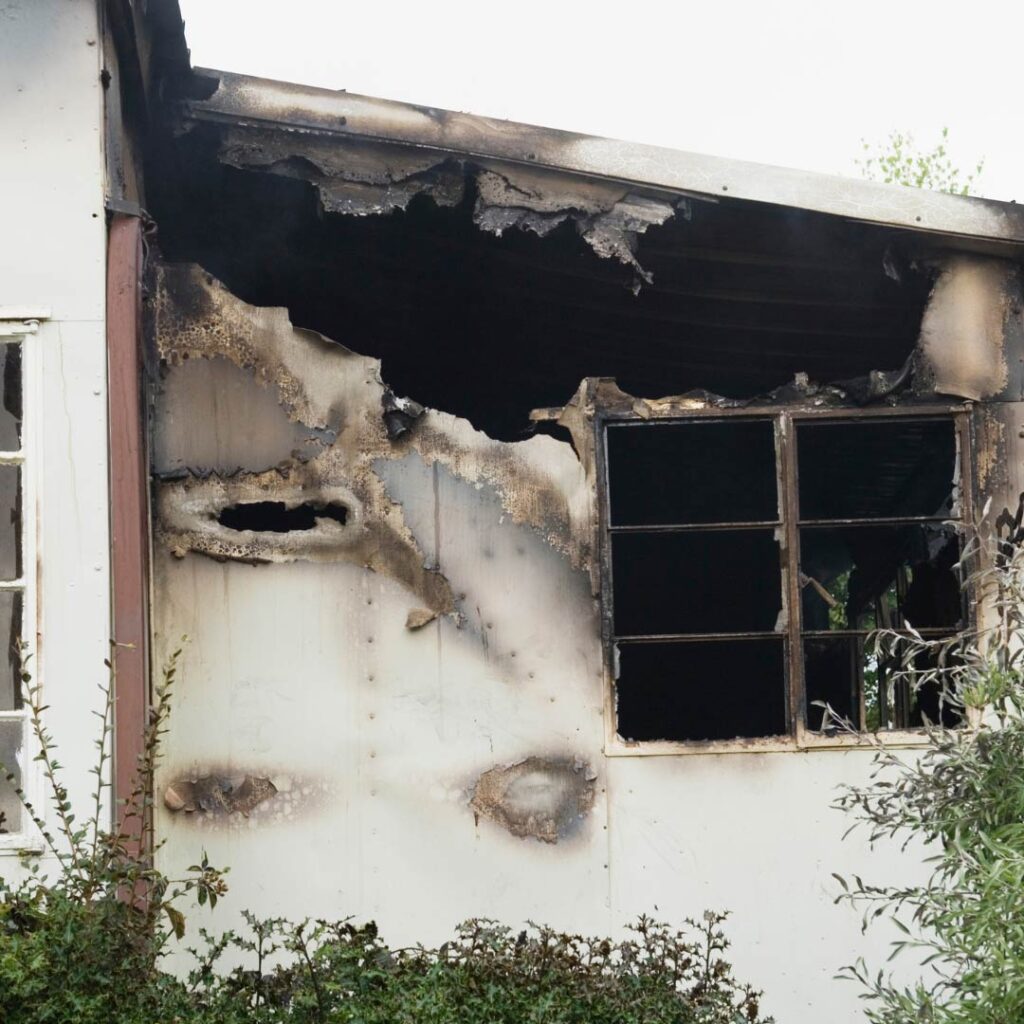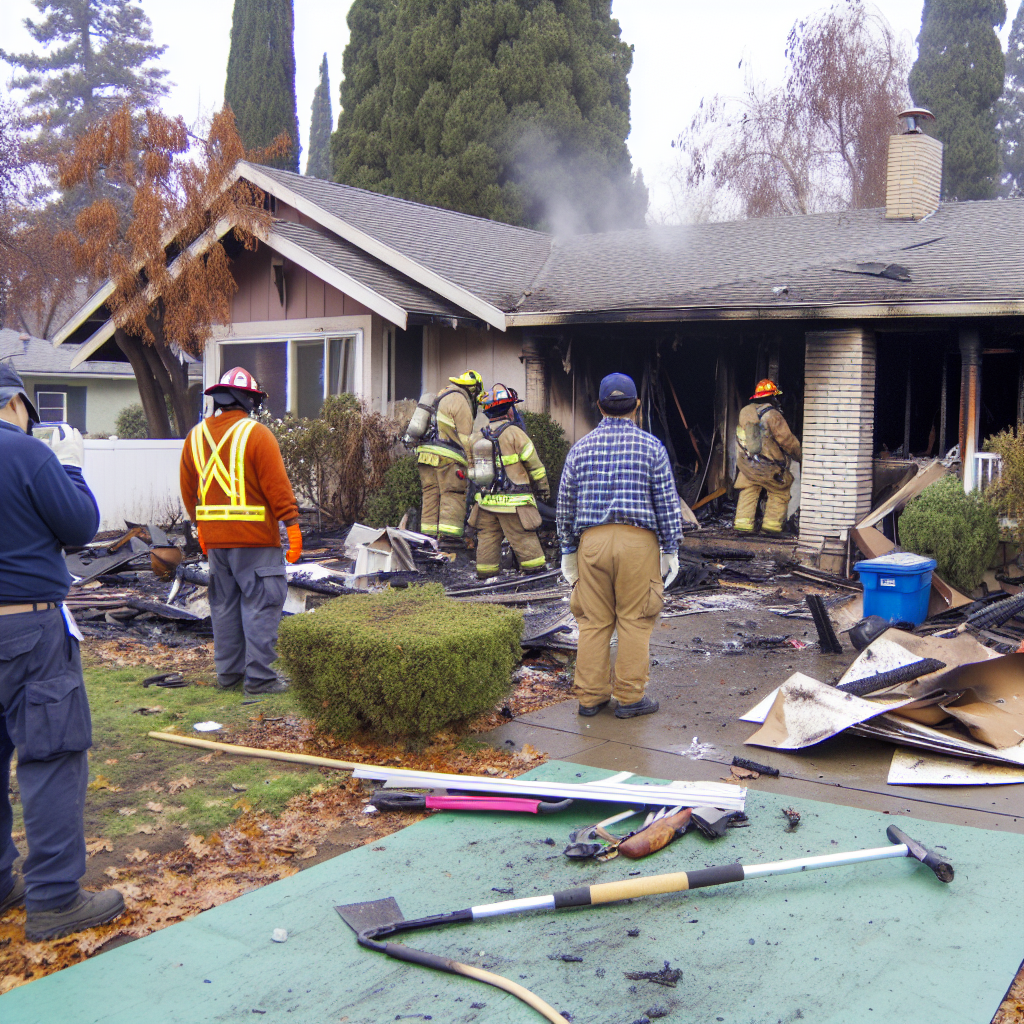
Fire Prevention Starts with You: Protecting Tenants and Properties
As a property manager, your to-do list is probably already a mile long. But let’s face it, fire prevention should always make the cut. Fires in rental properties can be catastrophic—damaging buildings, displacing tenants, and costing a small fortune in repairs. The good news? A proactive approach can significantly reduce the risks. Whether you’re managing a single-family home in Austin or a multi-unit complex in Round Rock, fire prevention is a responsibility you can’t afford to overlook. Let’s explore how you can keep your properties—and your tenants—safe.
The Most Common Fire Hazards in Rental Properties

First things first: you need to understand what you’re up against. Fires can start in the blink of an eye, often from everyday activities. Here are the usual suspects:
- Unattended Cooking: It’s no surprise that cooking is the leading cause of residential fires. Tenants stepping away from a stove can spell disaster.
- Outdated Wiring: Older properties often have outdated or faulty electrical systems that can overheat and spark fires.
- Overloaded Outlets: With everyone plugging in chargers, gaming consoles, and space heaters, outlets can quickly become overwhelmed.
- Smoking Indoors: While less common these days, smoking-related fires still happen, especially when tenants aren’t careful.
Understanding these risks is step one. Now let’s move on to what you can do about them.
Tenant Education: Turning Safety Into a Shared Responsibility
You’re not alone in this fight against fire hazards. Tenants play a crucial role in keeping properties safe. But let’s be real: fire safety isn’t always top of mind for them. That’s where you come in.
- Share Fire Safety Guidelines: Provide clear, easy-to-follow instructions on preventing common fire hazards. Keep it simple and include visuals if possible.
- Conduct Fire Drills: If you manage multi-unit properties, organize occasional fire drills. It might feel a little like high school, but it’s effective.
- Post Reminders: Use community boards or send friendly email reminders about fire safety practices, like never leaving candles unattended.
When tenants understand the importance of fire prevention, they’re more likely to adopt safe habits—and that benefits everyone.
The Fire Prevention Checklist Every Property Manager Needs
Prevention starts with a solid checklist. Here’s what every property manager should be doing:
- Install and Maintain Smoke Detectors: Make sure each unit has working smoke detectors in key areas like bedrooms and hallways. Test them regularly.
- Provide Fire Extinguishers: Place extinguishers in accessible locations, such as kitchens and near exits. Teach tenants how to use them.
- Inspect Fire Escapes: Ensure fire escapes are clear of obstructions and easy to access.
- Regular Electrical Inspections: Hire a licensed electrician to check wiring and outlets annually, especially in older properties.
- Create Safe Outdoor Spaces: Prohibit grilling on balconies and designate safe areas for barbecues away from buildings.
By following this checklist, you’ll be one step ahead of potential problems.
Inspect, Maintain, Repeat: The Key to Staying Fire-Safe
Maintenance is your best friend when it comes to fire prevention. Here’s why it matters:
- Routine Inspections Catch Small Issues Early: A quick check of fire extinguishers, smoke detectors, and electrical panels can reveal problems before they escalate.
- Regular HVAC Maintenance: Heating and cooling systems can collect dust and debris, which are fire hazards. Schedule annual servicing to keep systems clean and efficient.
- Stay on Top of Repairs: If a tenant reports flickering lights or a sparking outlet, act immediately. These are warning signs you shouldn’t ignore.
Making maintenance a priority saves you time, money, and peace of mind in the long run.
Investing in Fire Safety: Smart Upgrades for Modern Properties
If your budget allows, consider investing in upgrades that enhance fire safety. Not only do they protect your property, but they also add value and attract tenants who appreciate a safe living environment.
- Fire-Resistant Materials: Use fire-resistant drywall, insulation, and roofing materials during renovations.
- Sprinkler Systems: While they’re a larger upfront investment, sprinklers are highly effective at containing fires and minimizing damage.
- Updated Electrical Panels: Modern panels are designed to handle today’s power needs safely. If your property has an old fuse box, it’s time to upgrade.
These upgrades may require some planning, but the long-term benefits far outweigh the costs.
Emergency Plans That Work: Protecting Tenants During a Fire
No matter how much you prepare, emergencies can still happen. That’s why a solid emergency plan is essential. Here’s how to create one:
- Map Out Evacuation Routes: Ensure every tenant knows how to exit the building safely. Post clear maps in common areas.
- Establish Communication Protocols: Designate a point of contact for tenants to call in case of a fire. Make sure this information is easy to find.
- Practice Makes Perfect: Conduct regular fire drills to help tenants feel confident and prepared in an emergency.
When tenants know what to do, they’re less likely to panic—and that can make all the difference.
Collaborate for Safety: How Local Fire Departments Can Help
You don’t have to do this alone. Your local fire department is a valuable resource for fire prevention and safety.
- Request Inspections: Many fire departments offer free or low-cost property inspections to identify potential hazards.
- Host Safety Workshops: Partner with your local fire department to provide tenant training on fire safety and extinguisher use.
- Stay Updated on Codes: Fire safety codes can change, so work with local officials to ensure your property stays compliant.
Building a relationship with your fire department adds an extra layer of protection for your properties.
Read more here about fire prevention from the US Fire Administration.
Fire Prevention Is Good Business: Protect, Prevent, and Prepare

At the end of the day, fire prevention is about more than protecting buildings. It’s about creating a safe, comfortable space for your tenants and avoiding the stress and financial burden of fire damage. By taking proactive steps, educating tenants, and partnering with local resources, you can make fire safety a cornerstone of your property management strategy.And remember, if the unexpected happens, All Nation Restoration is here to help. From fire damage restoration to preventative consultations, we’ve got your back. Let’s work together to keep your properties safe and sound—because a little prevention goes a long way.







